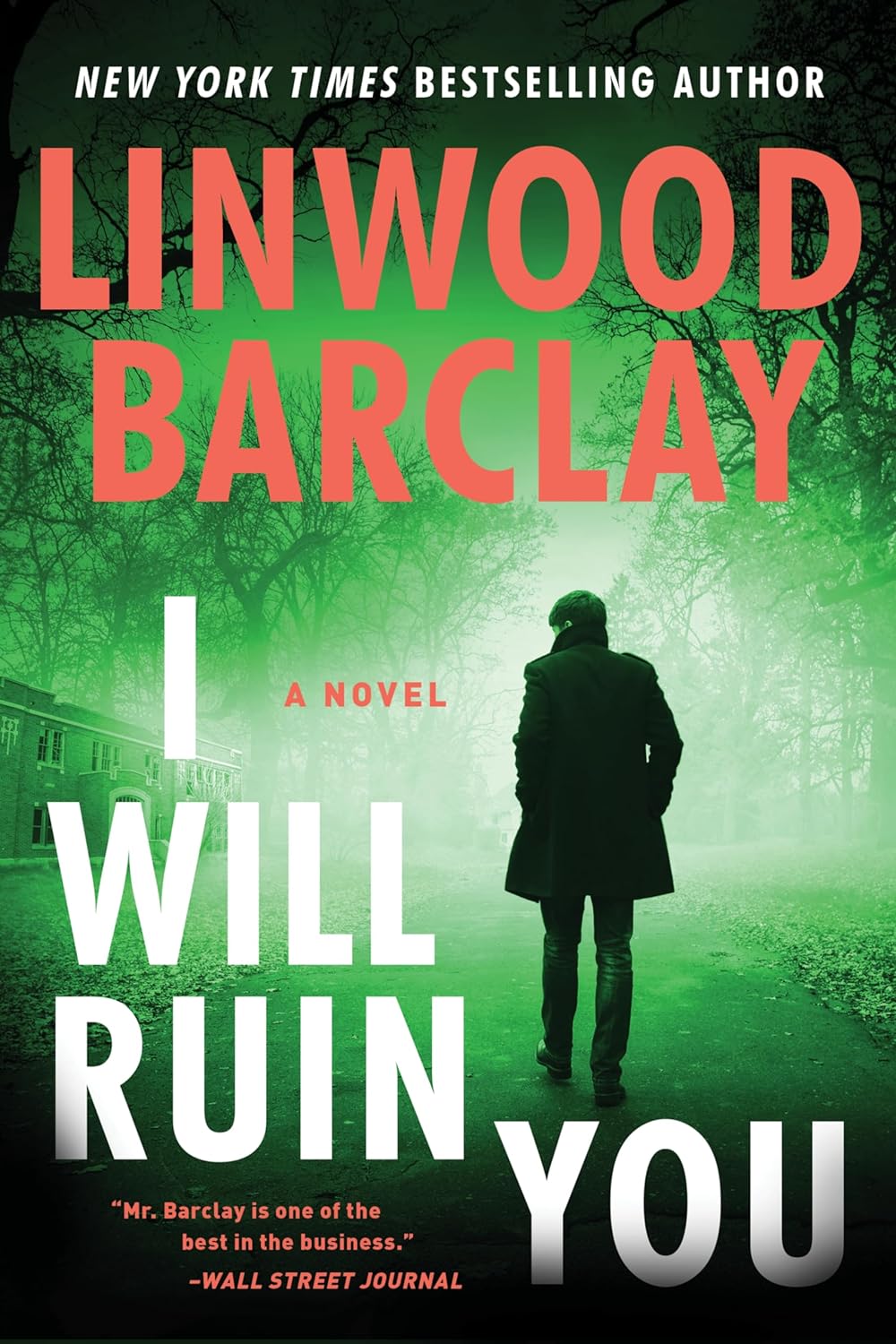I Will Ruin You
by Linwood Barclay
William Morrow, May 2024, $30
No good goes unpunished, right? Linwood Barclay explores the price of altruism in his latest thriller, I Will Ruin You. English teacher Richard Boyle manages to stop a disgruntled ex-student named Mark LeDrew from blowing up the high school where he teaches.
In the aftermath, Richard is a hero and he gets plenty of attention—but not all of it is positive. Suddenly, he’s being blackmailed by a former student. At first, he doesn’t tell anyone—not even Bonnie, his beloved wife—because he’s afraid of his reputation getting besmirched. But trying to solve it himself, Richard only digs himself in deeper.
Richard’s rationale for responding to the extortionist’s demands makes sense in today’s day and age when everything is judged in the court of public opinion, and you’re guilty until proven innocent—and even being innocent sometimes doesn’t matter. A sad sign of the times, something Barclay delves into with vigor. But is Richard truly such a good guy?
Barclay has written scores of excellent novels. Most notably, a few of my favorites No Time for Goodbye, Elevator Pitch, Never Look Away, and Take Your Breath Away. I Will Ruin You takes its rightful place in that list as the author takes readers on an emotional roller coaster of deft plot twists and what-the-hell?! moments. I Will Ruin You will indeed ruin you—or at least your sleep schedule until you've reached the end. Barclay proves once again that he's at the top of his game.





